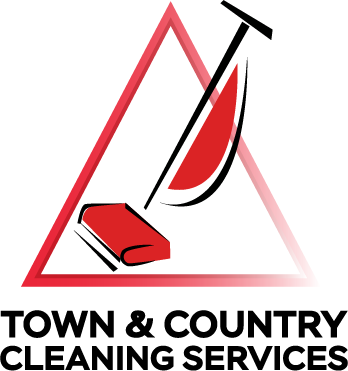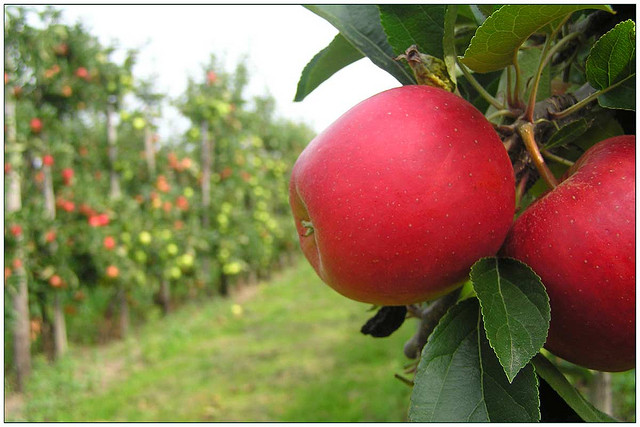Fall always brought the bounty of harvest. The nip in the air reminded us of the coming winter. My folks never complained about winters in Western New York, but even as a youngster, I knew they were not to be taken lightly. That nip meant too that it was apple season.
After school started, usually, the apples started coming in from the orchard. We older kids would help out after school. Dad would gently tip the apples onto one end of the grader, and they began moving up a revolving set of spindles which let the undersize fruit fall out into a chute for cider apples.
Mom and I or other helpers would stand over a conveyer belt which turned the apples under our easy reach so we could pick them over, culling those for poor color, crow- or hail- or insect-damage and also to pull any rotten ones for discard. Depending on the orders we were to fill, Mom would pull the prettiest ones into another area where she could use them to ‘face’ boxes or baskets being sold as fancy goods.
Slowly the platform or farm truck would fill up with the containers of fragrant, precious fruit. Dad would sometimes allow one or two of us to go with him on deliveries, rising early in the morning for the longer trips, once to Canada, sometimes to the Canaseraugus plant far from our home or to other processing warehouses. One summer we had suffered a late hailstorm and we struggled to find enough fruit to pass the ‘A’ grade, let alone the better paying ‘fancy’ grade. The inspector looked the truckload over carefully; pulling bushel after bushel out he found, as we had feared, there were just too many with small bruises or hail ‘pecks’. The entire crop had to be sold for juice – bringing a much lower return for that year’s efforts. When there were hard times, Mom and Dad would often reassure us, if they caught a worried look – they would remind us that God would provide for all our needs and that Dad would provide for us – whatever it took.
We were paid for our efforts – back when a dime or later on, $.20 an hour, seemed like good earnings to a youngster. We would log our hours all fall, cashing out at the end of the season for what seemed like a lot of money. I remember feeling a little guilty, especially that fall after the hail damage. I don’t remember now if I underreported my hours that year – I know I thought about it. But I also know Dad would not have willingly permitted it. He was stern and frugal but always kept his word; his being honest and fair were first principles – always, whether in business or in personal and social relationships.
As I remember it, a bushel of apples might sell for $4 or $5 to those who came to the farm to pick their own. One year at the Country Fair, Dad let my brother and me sell apples for a quarter apiece out of the back of the pickup. That was fun and we were pleasantly surprised by how many people traded that quarter for a single apple. That was Dad’s small lesson in free enterprise for us youngsters, it seems. We got a pretty good commission as I recall, $.10 on the $.25 – not too shabby!
Lessons from the farm of yesteryear: Today, our employees earn the majority of their pay based on a commission percentage for each job. They understand that their percent of the gross is divided among their team, that 2-member teams tend to be more efficient than 3-member teams and they will do considerably better than minimum wage if they strive for efficiency. Captains, drivers and senior technicians get small addtional percentages. This leads to efficient work. The free touch-up we offer for any complaints reinforces the need for quality work – the first time – and every time. Dad’s simple lessons lend wisdom and inform our business all these years later.
Photo Credit: digicla

